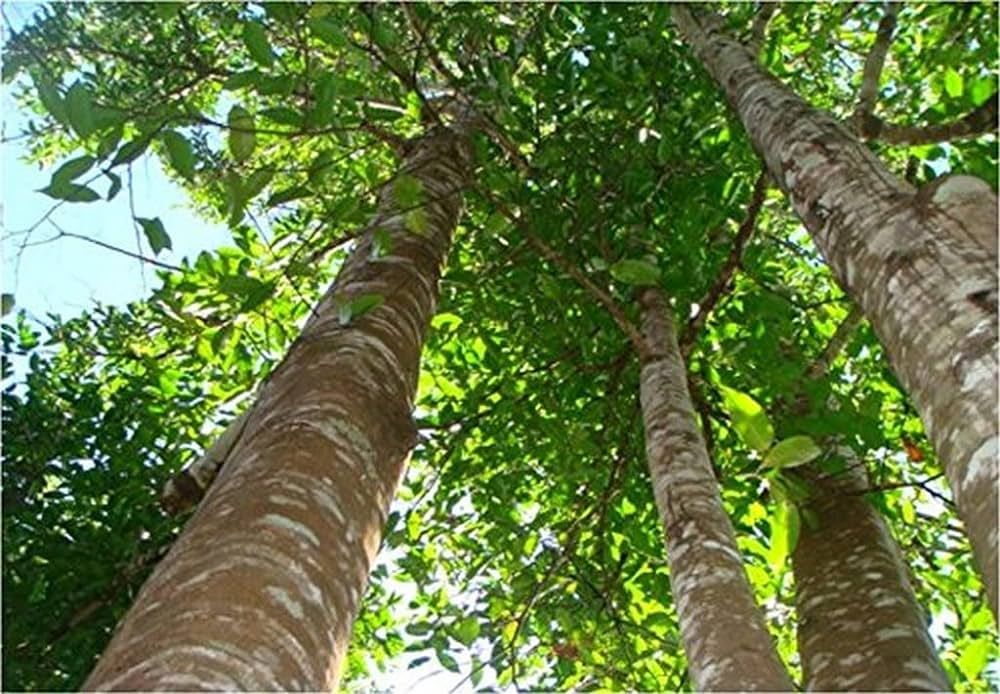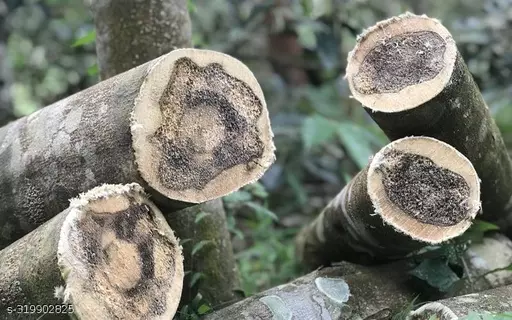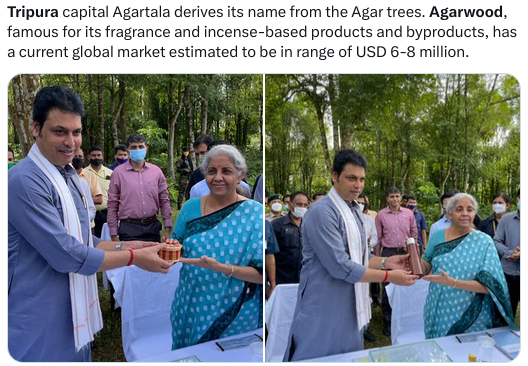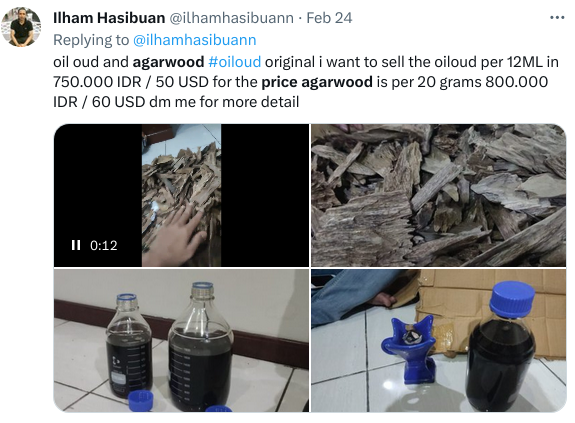Introduction to Agarwood
Agarwood, scientifically known as Aquilaria, is a highly valued and aromatic wood produced by certain species of trees when they become infected with a specific type of mold. This infection causes the tree to produce a dark, fragrant resin, known as Agarwood. The demand for Agarwood has skyrocketed in recent years due to its extensive use in perfumes, incense, traditional medicines, and cultural rituals.
About Agarwood Trees
Agarwood trees typically grow in tropical and subtropical regions and can reach heights of up to 40 meters. The agarwood-producing species are mostly found in Southeast Asia, particularly in countries such as India, Vietnam, Indonesia, and Malaysia. As these trees age, they begin producing the valuable resin after experiencing stress, injury, or infection.
Agarwood Prices and Costs
Understanding the financial aspect of investing in Agarwood farming is crucial. Below are key insights regarding Agarwood tree price per kg, cost of Agarwood per kg, and Agarwood plant pricing:
-
Agarwood Tree Price: The price of Agarwood trees varies significantly and can be impacted by age, size, and health. Young Agarwood plants can start at around ₹300 to ₹500 (approximately $4 to $7) each, while mature trees may require a more significant investment.
-
Agarwood Price Per Kg: High-quality Agarwood can fetch prices ranging from $1,000 to $10,000 per kg, depending on the purity and how it has been harvested. Agarwood chips are generally sold at a lower price, averaging between $50 to $500 per kg.
-
Cost of Agarwood: The cost of Agarwood varies based on the quality (wild-grown vs. cultivated), processing methods, and market demand. Sustainable farming practices are increasingly gaining popularity, contributing to the higher quality and price of cultivated Agarwood.
-
Agarwood Rate Per Kg: As of recent trends, Agarwood rates can fluctuate, with estimates generally falling within the ₹3,500 to ₹35,000 range per kg for chips or raw wood based on quality and sourcing.
-
Agarwood Price Per Kg in USD: When considering an investment in Agarwood farming, it's essential to stay informed about the current market rates in USD, which can help gauge international demand and pricing strategies.
Investing in Agarwood
Investing in Agarwood can be a rewarding venture for those seeking sustainable and high-return opportunities. The growing global demand for Agarwood and its derivatives means that with proper management and care, Agarwood farming can yield significant profits. Whether you are considering cultivating Agarwood or buying processed products, understanding the market dynamics is critical.
Agarwood is the resinous part of the Agarwood tree, which is used for the purposes of medicine and fragrance. The origin of Agar trees is traced to the evergreen forests of Southeast Asia. They are abundantly found in the North Eastern states of India, and in countries like Myanmar, Cambodia, Malaysia, Indonesia, Thailand, South Korea, Philippines, Laos, Japan, and so on. They are naturally growing trees in places that resemble the Western Ghats of Andhra Pradesh in climatic conditions and altitude.



The indiscriminate harvesting of Agarwood from its natural habitat has seriously hampered the natural availability of Agarwood in the forest. On the other hand, the price of Agarwood is quite high because of the short supply of Agarwood. This appealing market price has attracted farmers to Agarwood more and more in order to meet the high market demand. The mass plantation of Agarwood trees was taken up in a sustainable way by plantation companies across Asian countries to obtain the highly valuable Agarwood.


The formation of Agarwood is generally associated with the mechanical wounding and/or natural fungal infection of Agarwood trees. Resin is secreted by the trees as a defense mechanism, and will be deposited around the wounds for many years after the injury, where the accumulation of chemicals will farm Agarwood. As only physiologically triggered Aquilaria tree can produce Agarwood, artificial techniques of producing Agarwood are currently going on in the Agarwood industry. The infected part of the tree, after its separation from the non-infected part of the tree, is processed into sweet-smelling oil and chips as incense for burning all over the world.Agar oil and wood are highly sought products around the world. Agar tress can offer lucrative global trade options to locals in the regions where these trees are found. Agar oil acts as a world-class perfumery fixative and is highly sought after and priced by European perfumers for making their best-grade scents. It acts as a stimulant, cardiotonic, carminative, aphrodisiac, alternative anodyne, antidiarrheal, antiasthamatic, astringent, laxative, stomachic and tonic.

Agarwood is one of the most expensive natural raw materials in the world. The price of Agarwood varies depending on the quality. While low grades of Agarwood may sell at the rate of Rs 150000 per kg, superior grades of chips are sold at over Rs 6,00,000 per kg. The price of oil varies from Rs 2500 to Rs 12,000 per Gram. About 80 countries around the globe use Agarwood products. The export of Agarwood from Singapore market itself crosses over a billion US dollars annually. It is estimated that the current global market for Agarwood is in the range of USD 6 to 8 billion, and is growing by the year.
Conclusion: The Future of Agarwood Farming
The future of Agarwood farming looks promising with increasing global recognition for its value and sustainability. At Mandira Developers, we provide guidance and support to investors looking to enter this lucrative market. Join us on this journey toward economic and ecological prosperity through sustainable Agarwood farming.
Call to Action
To learn more about how to start your investment in Agarwood farming or to find our Agarwood products, Contact Us today!